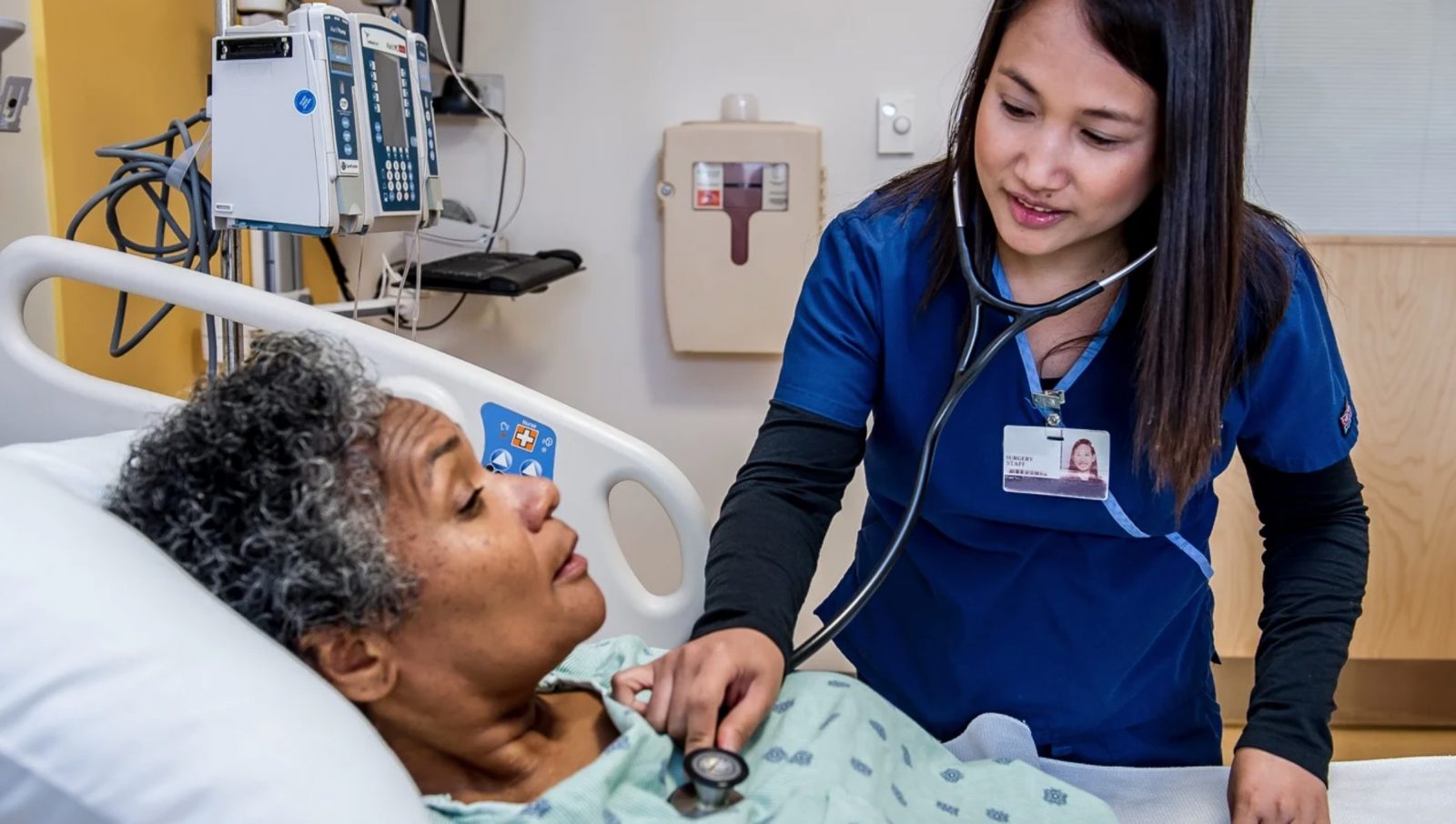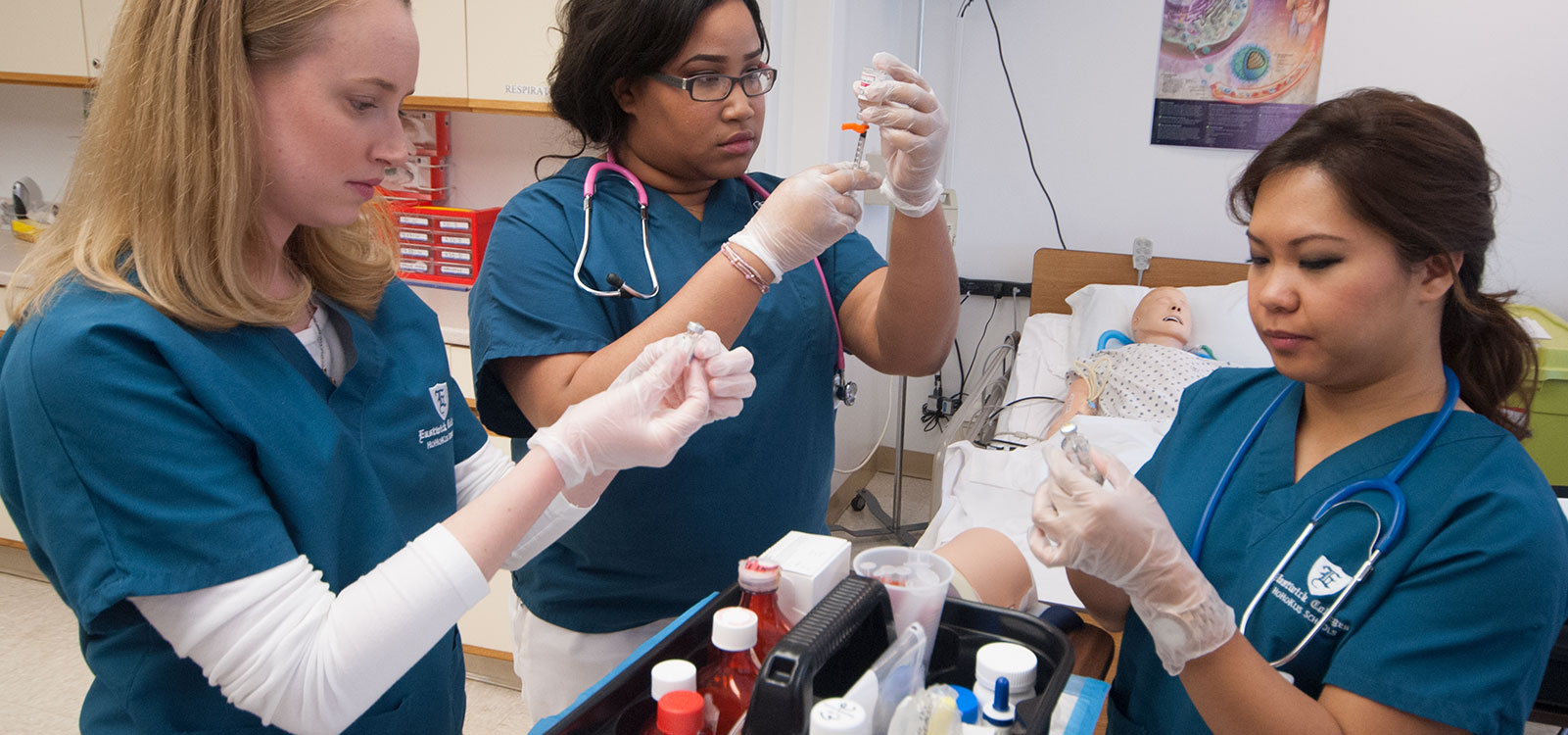It's a topic many might find surprising, yet the reality of sexual health, including sexually transmitted diseases (STDs), in older adults living in care settings is becoming more visible. This is, you know, a very important conversation to have. It affects people's well-being and their quality of life, which is something everyone deserves, regardless of their age or where they live. We're talking about a part of life that often gets overlooked when we think about seniors, but it's really quite a significant piece of the puzzle.
For a long time, there was, like, a quiet assumption that sexual activity just stopped as people got older, especially once they moved into places like nursing homes. That idea, however, is simply not true for everyone. People retain their capacity for connection and intimacy, and this includes sexual expression. It's a natural human need, and that doesn't just vanish with the passing of years, which is something we really ought to acknowledge.
So, when we talk about nursing home STDs, we're really looking at a very real health concern that needs proper attention and open discussion. It’s about ensuring that everyone, even those in assisted living, has access to good health information and proper care, you know, just like any other age group. This article aims to shed some light on this often-unspoken issue, providing a clearer picture of why it matters and what can be done to promote better sexual health for our older population.
Table of Contents
- Why Talk About Nursing Home STDs?
- The Changing Landscape of Aging and Sexuality
- Common STDs and Their Impact on Seniors
- Addressing the Stigma and Promoting Open Dialogue
- Prevention Strategies in Nursing Homes
- Supporting Sexual Health for All
Why Talk About Nursing Home STDs?
The phrase "nursing home STDs" can sound a bit jarring, perhaps even unsettling, but it points to a significant public health topic that deserves our consideration. As a matter of fact, ignoring this aspect of senior health would be a disservice to the many individuals who call these places home. It’s about recognizing that sexual health is a part of overall well-being at any age, and that includes later life.
You know, our population is getting older, and with that comes a need to adjust our views on what it means to age. People are living longer, healthier lives, and that means they're often more active and engaged than previous generations of seniors. This includes their personal relationships and, quite frankly, their sexual lives. So, it's not really a surprise that discussions around sexual health in these settings are becoming more frequent, which is, like, a good thing.
The global nursing workforce, which has seen growth from 27.9 million in 2018 to 29.8 million in 2023, plays a vital role in providing comprehensive care. This care, as my text points out, encompasses "autonomous and collaborative care of individuals of all ages, families, groups and communities, sick or well and in all settings." This absolutely includes supporting the full spectrum of human health, sexual health very much included, and that's something we should keep in mind.
The Changing Landscape of Aging and Sexuality
It’s pretty clear that societal attitudes about aging and sexuality have shifted quite a bit over time. The idea that older adults are not sexually active or interested in intimacy is, frankly, outdated for many. People are living longer, staying healthier, and remaining active in various ways, including their personal relationships. This means that, you know, the potential for sexual activity in later life is more common than some might assume.
For individuals in nursing homes, these shifts are just as relevant. Residents often form new relationships, sometimes romantic ones, within these communities. They might be widowed or divorced and find companionship and intimacy later in life. This is a very human aspect of life, and it’s something that, honestly, should be supported in a safe and healthy way. It’s about recognizing the dignity and personal desires of each individual.
The availability of effective treatments for erectile dysfunction and other sexual health issues has also, in a way, played a role. These medical advances mean that physical barriers to sexual activity are less of an issue for some older adults than they once were. So, you know, it’s not just about changing attitudes, but also about real medical progress that supports continued intimacy, which is pretty important.
Factors Contributing to STD Risk in Older Adults
There are several specific reasons why older adults might face a greater risk of STDs, and these are worth, like, a closer look. For one thing, many older adults grew up in an era where comprehensive sex education was less common, and discussions about safe sex practices, particularly condom use, were not as widespread as they are today. This can mean a lack of awareness about current risks and prevention methods, which is, you know, a bit of a challenge.
Physiological changes that come with aging also play a part. For women, post-menopausal changes can lead to vaginal dryness and thinning of tissues, which can increase the risk of micro-tears during intercourse. These small tears can make it easier for viruses and bacteria to enter the bloodstream, potentially raising the risk of infection. So, it's not just about behavior, but also about natural body changes.
Another factor is the potential for a weakened immune system in older age, which can make it harder for the body to fight off infections, including STDs. This means that if an older person contracts an STD, their body might have a harder time clearing it, or the infection could progress more quickly. Medications, too, can sometimes affect immune response or impact sexual function, which is something to consider.
Finally, there's the issue of multiple partners. For some older adults who are newly single or dating, they might have more partners than they did earlier in life, particularly if they are not in a long-term, committed relationship. If safe sex practices are not consistently used, the risk of exposure to STDs naturally goes up. This is, you know, a pretty straightforward point about risk.
Common STDs and Their Impact on Seniors
Just like in younger populations, older adults can contract a range of STDs, and the symptoms might be a little different or, frankly, sometimes missed. Common STDs include chlamydia, gonorrhea, syphilis, herpes, and HIV. It’s pretty important to know that these infections can have serious health consequences if they're not diagnosed and treated promptly, and that's true at any age.
For instance, chlamydia and gonorrhea, while often asymptomatic, can lead to serious reproductive health issues in younger people, and in older adults, they can cause chronic pain or other complications. Syphilis, if left untreated, can affect the heart, brain, and other organs, leading to very serious health problems down the line. So, you know, these are not minor infections.
HIV, in particular, can be a significant concern. Older adults might be diagnosed later because their symptoms are sometimes mistaken for other age-related conditions, or because doctors simply don't consider HIV as a possibility in this age group. This delay in diagnosis can mean the virus has more time to weaken the immune system, leading to more advanced disease. It’s, like, a really critical point for early detection.
The impact of STDs on seniors isn't just physical, either. There's also the emotional and psychological toll. A diagnosis can bring feelings of shame, embarrassment, or isolation, especially given the societal stigma that can still surround STDs. It’s, you know, a very sensitive area, and support for mental well-being is just as important as physical treatment.
Addressing the Stigma and Promoting Open Dialogue
One of the biggest hurdles when it comes to nursing home STDs, and sexual health in older adults generally, is the pervasive stigma that still exists. People often feel uncomfortable talking about sex, especially when it involves seniors. This discomfort can lead to silence, and silence, as a matter of fact, prevents proper education, prevention, and care. We really need to move past that discomfort.
Creating an environment where open and honest conversations about sexual health can happen is absolutely vital. This means making it okay for residents to ask questions, express concerns, and seek information without feeling judged or embarrassed. It’s about normalizing sexual health as a part of overall health, just like heart health or bone health, which is, you know, a pretty straightforward idea.
Nursing home staff, family members, and healthcare providers all have a role to play in fostering this kind of open dialogue. It might feel a bit awkward at first, but approaching the topic with respect, empathy, and a focus on well-being can make a huge difference. After all, everyone deserves to feel comfortable discussing their health needs, and that includes their sexual health, too it's almost a given.
The global health workforce, as my text highlights, is the "fulcrum on which health system performance relies." This includes the ability of nurses and other care providers to address all aspects of health, even sensitive ones. A strong health workforce means better ability to discuss and manage these issues, which is, you know, quite important for comprehensive care.
Prevention Strategies in Nursing Homes
Preventing the spread of nursing home STDs requires a multi-faceted approach, and it’s something that needs attention from everyone involved in a resident's care. It’s not about restricting personal freedoms, but rather about ensuring safety and well-being. So, there are several key areas where efforts can be focused, which is something to consider.
Education and Awareness
Providing clear, accurate, and age-appropriate information about STDs and safe sex practices is a really important first step. This education should be available to residents, their families, and staff members. It’s about empowering people with knowledge so they can make informed choices about their sexual health, which is, you know, a pretty basic right.
Educational materials could include brochures, workshops, or one-on-one discussions. Topics might cover what STDs are, how they are transmitted, symptoms to look out for, and how to use barrier methods like condoms effectively. It's also important to discuss consent and healthy relationships, which are fundamental to any sexual activity, and that's something we should always emphasize.
Sometimes, people just don't know the facts, or they might have outdated information. Offering this kind of education in a respectful and non-judgmental way can help bridge those knowledge gaps and reduce the risks associated with sexual activity in later life. It’s about, like, giving people the tools they need to stay safe.
Screening and Testing
Regular screening and testing for STDs should be a routine part of healthcare for older adults, especially those who are sexually active. This is something that healthcare providers should proactively offer, rather than waiting for symptoms to appear, which can often be subtle or absent altogether. Early detection is, you know, absolutely critical for effective treatment and preventing further spread.
Nursing homes can facilitate access to these services, perhaps by having healthcare providers visit the facility or by arranging transportation to clinics. Confidentiality is also extremely important to ensure residents feel comfortable seeking testing. It’s about making the process as easy and private as possible, which is, you know, a pretty big deal for many people.
Including STD screening in routine health assessments can help normalize the process and reduce any associated stigma. If it’s just another part of a regular check-up, people are much more likely to participate. This approach aligns with the idea that nursing care covers individuals "sick or well and in all settings," making comprehensive health screenings a natural part of that care.
Resident Rights and Consent
Respecting the rights of nursing home residents, including their right to privacy and their right to engage in consensual sexual activity, is paramount. This means that facilities need clear policies that uphold these rights while also ensuring the safety and well-being of all residents. It’s a delicate balance, but one that’s absolutely necessary to get right, which is, you know, a very important point.
The concept of consent is particularly important in this setting. Staff need to be trained to understand what constitutes informed consent, especially for residents who might have cognitive impairments. This means ensuring that any sexual activity is truly consensual and that residents are capable of giving that consent. It’s about protecting vulnerable individuals, which is, like, a core responsibility.
Policies should also address how to handle situations where a resident's sexual activity might impact others, or where there are concerns about capacity for consent. These are, admittedly, sensitive issues that require careful consideration and clear guidelines to navigate fairly and respectfully. It’s about ensuring dignity for everyone, which is something we all want.
Staff Training and Support
Nursing and midwifery occupations represent a significant share of the female workforce, and these caregivers are on the front lines of resident care. Equipping nursing home staff with the knowledge and skills to address sexual health is absolutely essential. This means providing comprehensive training on STDs, safe sex practices, consent, and how to have sensitive conversations with residents. So, you know, staff education is really key here.
Staff should feel comfortable discussing these topics without judgment and be able to provide accurate information and resources. They also need to know how to handle situations that arise, whether it’s a resident asking for condoms or a concern about inappropriate behavior. Support for staff in these discussions is also vital, as it can be a challenging area for some to address, which is, like, totally understandable.
Training should also cover how to maintain resident privacy and confidentiality, which is a cornerstone of trust in a care setting. When staff are well-trained and supported, they are better able to provide holistic care that truly meets the needs of residents, including their sexual health needs. This really helps to ensure that care is, you know, comprehensive and respectful.
Supporting Sexual Health for All
The conversation around nursing home STDs is, at its heart, about recognizing the full humanity of older adults. It's about acknowledging that people continue to have needs for intimacy, connection, and sexual expression throughout their lives. By openly addressing this topic, we can work towards creating safer, more supportive environments in nursing homes and other long-term care facilities, which is, you know, a really important goal.
Promoting sexual health in later life is a key part of promoting overall well-being. It involves education, prevention, open dialogue, and respecting individual rights. The health workforce, which is crucial to affordable, accessible, and high-quality care, plays a central role in making this a reality. This includes, very much, the promotion of health across all ages and in all settings, which is something my text highlights.
We can all contribute to this effort by challenging outdated assumptions, advocating for better resources, and fostering a culture of openness and respect. It's about ensuring that our older population can live full, healthy, and dignified lives, including their sexual health. To learn more about how care facilities support residents' well-being, you can explore information about resident care practices on our site, and find resources for families and caregivers by linking to this page here. For further insights into global health initiatives, you might find information from the World Health Organization helpful, such as their work on the State of the World's Nursing 2025 report, which is, like, a really good resource for understanding the broader context of nursing care worldwide.
People Also Ask
Are STDs common in nursing homes?
While specific statistics can vary, there is growing evidence that STDs are present in nursing homes and among older adults. It's not as rare as some might assume, and awareness is increasing. So, yes, it's a real concern that facilities and families are starting to address more openly, which is a good thing.
Why are STDs a concern for older adults?
Older adults can be at higher risk for several reasons. They might have less awareness about safe sex practices, physiological changes can make them more susceptible, and their immune systems might not be as strong. Also, symptoms can sometimes be mistaken for other age-related conditions, leading to delayed diagnosis, which is, like, a big problem.
How can nursing homes prevent the spread of STDs?
Prevention involves several key steps. This includes educating residents and staff about sexual health and safe practices, offering regular STD screening, ensuring clear policies on resident rights and consent, and providing ongoing training and support for staff. It’s about creating a supportive and informed environment, you know, for everyone.



Detail Author:
- Name : Alfonzo Bartoletti
- Username : friesen.elliott
- Email : luciano94@nolan.com
- Birthdate : 1982-09-22
- Address : 7658 Welch Springs Lake Timmothy, HI 58267-2349
- Phone : 231-234-4348
- Company : Daugherty, Carter and Rempel
- Job : Title Searcher
- Bio : Eveniet voluptatem sint omnis ea atque dolor. Sunt neque magnam reprehenderit. Totam quia eum ut at.
Socials
twitter:
- url : https://twitter.com/gutmannd
- username : gutmannd
- bio : Omnis et doloremque fugiat autem nemo. Nesciunt tenetur consequatur velit. Maiores quia ipsam et sed omnis quo.
- followers : 2666
- following : 276
facebook:
- url : https://facebook.com/dgutmann
- username : dgutmann
- bio : Ut assumenda incidunt commodi animi.
- followers : 3173
- following : 639